Happy Monday!
Our friends at Techstars LA are welcoming 12 new companies to their Fall 2023 accelerator program, and they were kind enough to give dot.LA a first look. Read on for more!
Techstars LA, run by the indomitable Matt Kozlov, is the local chapter, run in partnership with J.P. Morgan. According to its website, Techstars LA is “open to founders of any and all backgrounds, with a focus on Black, Hispanic and Latino, Indigenous American, and Pacific Islander entrepreneurs building startups in healthcare, wellness, B2B SaaS, Deep Tech, Energy, Robotics, FinTech, Mobility, Logistics, LegalTech, Education, CPG, and Climate Tech.”
Some stats on the 12-company cohort:
🤖 AI: The hottest tech sector and buzzword of the day is either in the domain name or description of 4 companies.
🌴 LA: Only 3 companies in the cohort have a Los Angeles HQ. The rest hail from all over the world, from Mexico to the UK to Virginia.
👩💼 B2B: It’s a B2B heavy crew, with 11 companies selling to business customers. Only one, whipped frozen yogurt brand Sweetkiwi, sells to consumers.
The full list of companies is below, but first, have you seen our new referral program?
Full Techstars Fall 2023 Cohort
See below for all 12 companies in Techstars LA this fall.
🛍 Cohere
HQ: Pasadena, CA CEO: Mike Chen Email: mike@thecohere.com
Sector: B2B Software
Description: An AI-powered retail insights platform for brand growth and product discovery. Cohere connects retailers with latest consumer brands through authentic buyer reviews and insights.
Fundraising: Opening up a pre-seed round in Q4
🛠 Diagon
HQ: Alameda, CA CEO: Will Drewery Email: will@diagon.ai
Sector: B2B Software, Marketplace
Description: For manufacturers that need manufacturing equipment, Diagon offers a robust marketplace to discover and procure manufacturing equipment at discounted pricing.
Fundraising: Raised an $800k pre-seed
💸 Efektiva
HQ: Guadalajara, Jalisco, Mexico CEO: Pablo Robles Watanabe Email: probles@efektiva.mx
Sector: Fintech, B2B Software
Description: Efektiva is a B2B BNPL solution that lets companies pay suppliers on their own terms without the need for a corporate credit card.
Fundraising: Raised a $700k pre-seed
👩🍳 inlike
HQ: Los Angeles, CA CEO: Dan Botero Email: dan@inlike.ai
Sector: B2B Software
Description: A no-code platform for restaurants to integrate AI into their workflow to optimize staff and inventory management.
Fundraising: Currently raising a $1.5m pre-seed
✈️ IONA
HQ: Cranfield, Bedfordshire, UK CEO: Etienne Louvet Email: etienne.louvet@ionadrones.com
Sector: Aerospace
Description: IONA develops zero-emission autonomous drone solutions for sustainable and efficient logistics in low population density areas.
Fundraising: Currently raising a $3m+ pre-seed
👓 Kilsar
HQ: Virginia Beach, VA CEO: Brendan Lawlor Email: brendan@kilsar.com
Sector: Hardware, B2B Software
Description: Kilsar provides a suite of software and hardware solutions that enable real-time intelligence, multi-channel communication, augmented reality (AR), and digital tooling capabilities for teams and workforces.
🏥 Kinometrix
HQ: Fort Belvoir, VA CEO: Devina Desai Email: devina@kinometrix.com
Sector: Healthcare, B2B Software
Description: For hospitals that struggle to identify patients at risk for hospital acquired conditions, Kinometrix provides a patient safety platform that uses electronic health record data and machine learning to predict patient harm accurately and in real-time.
Fundraising: Currently raising a $1.4m seed round
🤑 Linker Finance
HQ: Los Angeles, CA CEO: Jorge Garcia Email: jorge@linkerfinance.com
Sector: Fintech, B2B Software
Description: Linker Finance is a cost-effective turnkey solution and low-code platform that enables brands to launch their custom FinTech app in weeks.
🚁 Moya Aero
HQ: São José dos Campos, São Paulo, Brazil CEO: Alexandre Zaramela Email: alexandre.zaramella@acs-solutions.com.br
Sector: Aerospace
Description: Moya develops high-capacity, all-electric, autonomous unmanned aerial vehicles with vertical take-off capabilities (eVTOL) for cargo transport and crop dusting.
Fundraising: Has raised $2.8m in funding
🍦 Sweetkiwi
HQ: Washington, DC CEO: Ehime Eigbe Email: ehime@sweetkiwi.com
Sector: Food/Bev
Description: For health-conscious consumers, families, and fitness enthusiasts seeking a delicious and healthy dessert option, Sweetkiwi offers whipped frozen greek yogurt that's tasty and packed with protein, probiotics, and superfoods to support well-being.
🤳 Textual
HQ: Boise, ID CEO: Blu Atwood Email: blu@textual.com
Sector: B2B Software, Ecommerce
Description: Textual builds Text-to-Buy programs that allow customers to buy their favorite products via text message without entering a credit card. This enables Fortune 1000 brands to sell more inventory DTC, increase customer retention, and expand their share of mobile commerce.
Fundraising: Previously raised $300k
🩺 Vital Audio
HQ: Brooklyn, NY CEO: Nyamitse-Calvin Mahinda Email: nyamitse@vitalaudio.io
Sector: Healthcare, B2B Software
Description: A subscription-based and device-agnostic voice AI software for patient monitoring and patient screening to help telehealth Primary Care Physicians to assess severity of atrial fibrillation and heart failure remotely to reduce 10% readmissions rates.
Fundraising: Previously raised $215k in non-dilutive funding


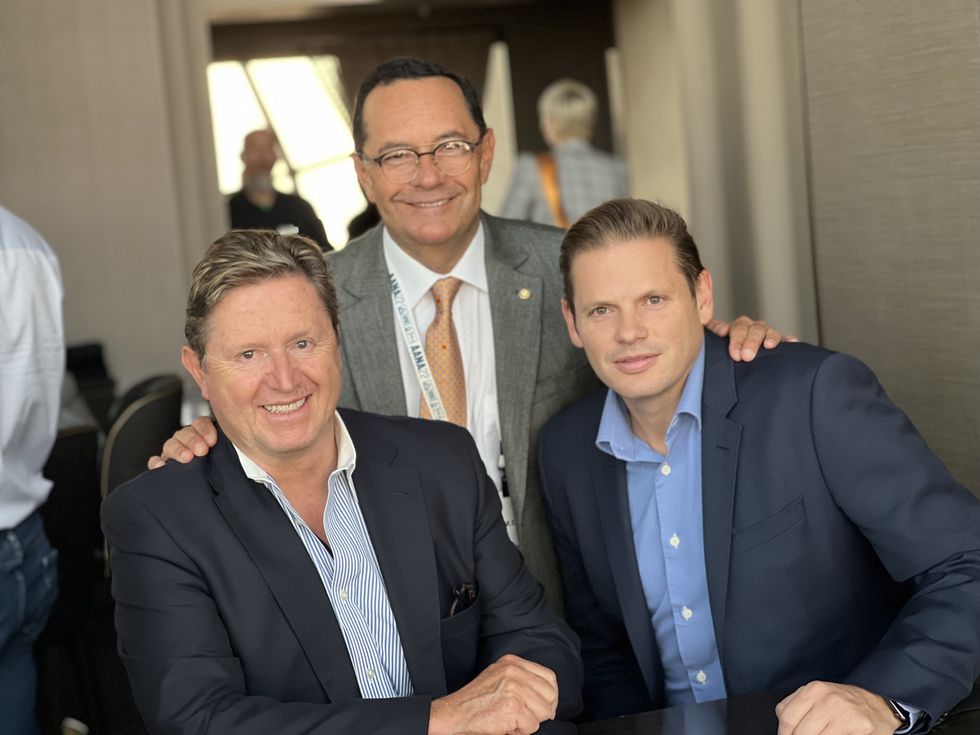 Gustavo De Greiff, Dr. Carlos Leal and Felipe RigbyTechstars
Gustavo De Greiff, Dr. Carlos Leal and Felipe RigbyTechstars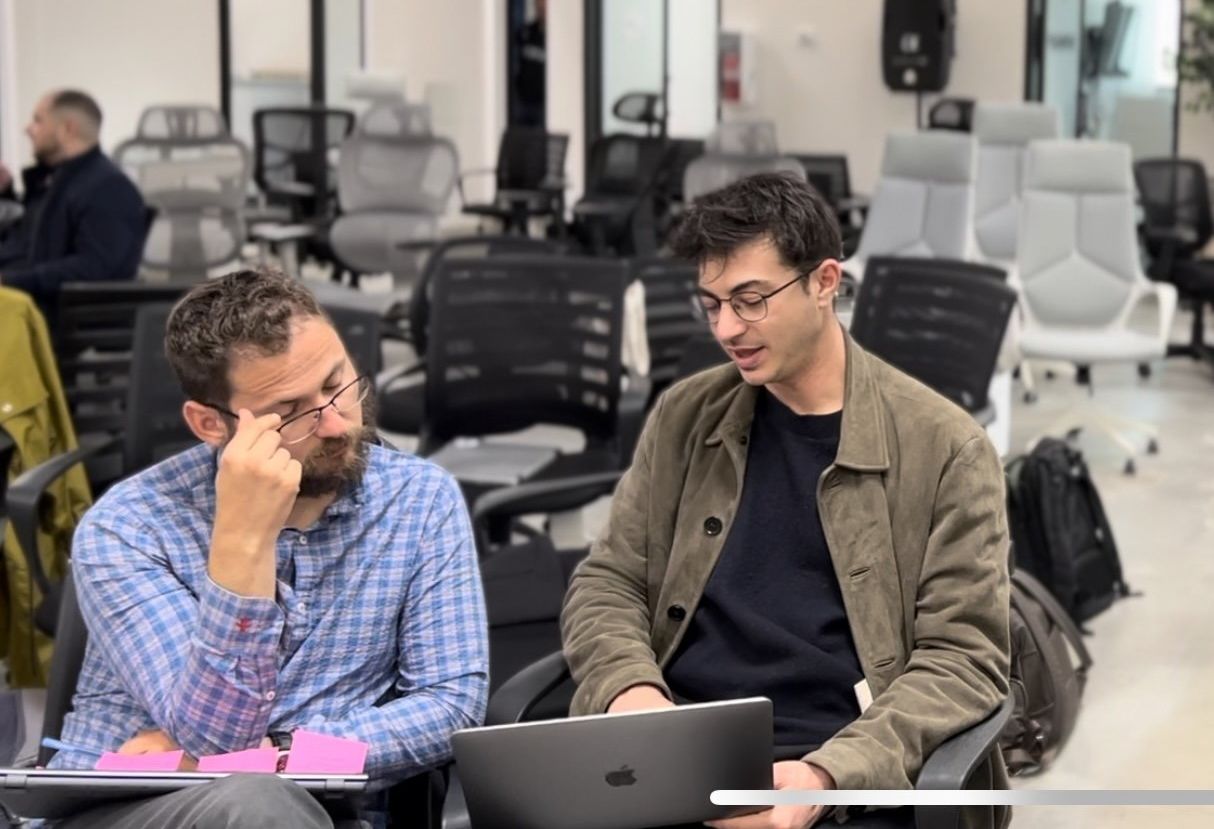 iCardio.ai co-founders Roman Sandler and Joseph Sokol. Courtesy of Techstars
iCardio.ai co-founders Roman Sandler and Joseph Sokol. Courtesy of Techstars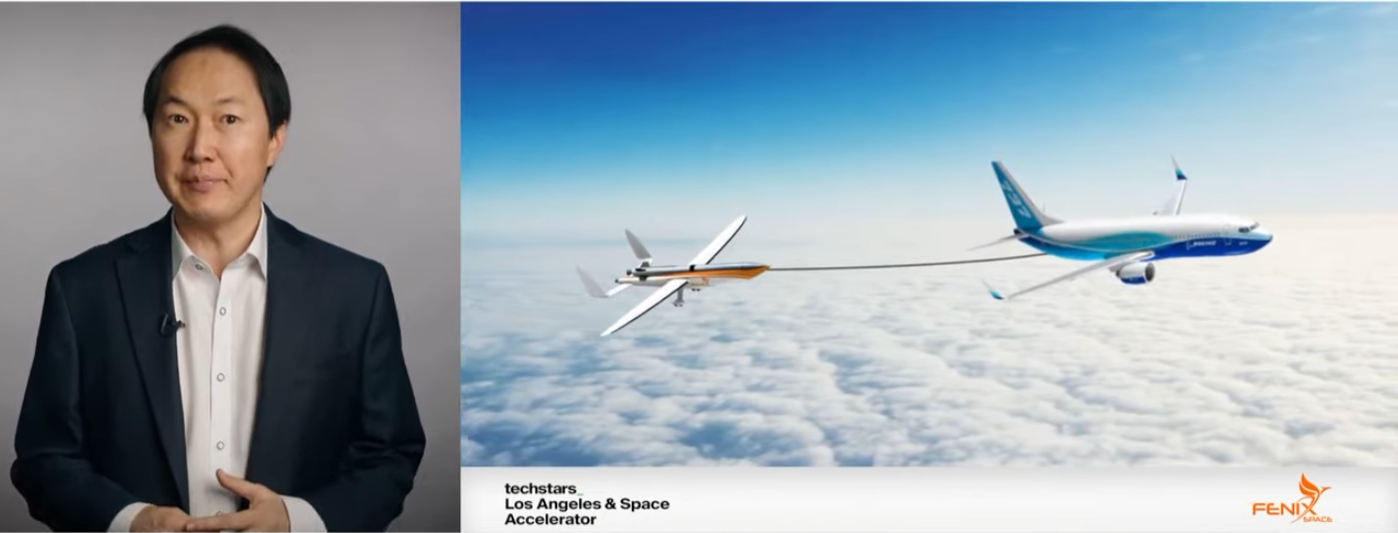 Fenix Space CEO Jason Lee. Photo: Fenix/Techstars LA
Fenix Space CEO Jason Lee. Photo: Fenix/Techstars LA 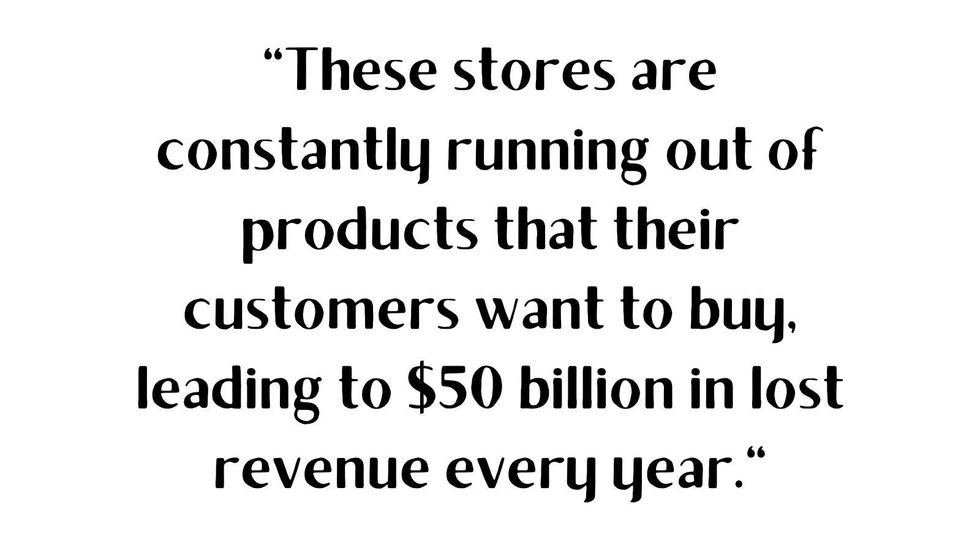
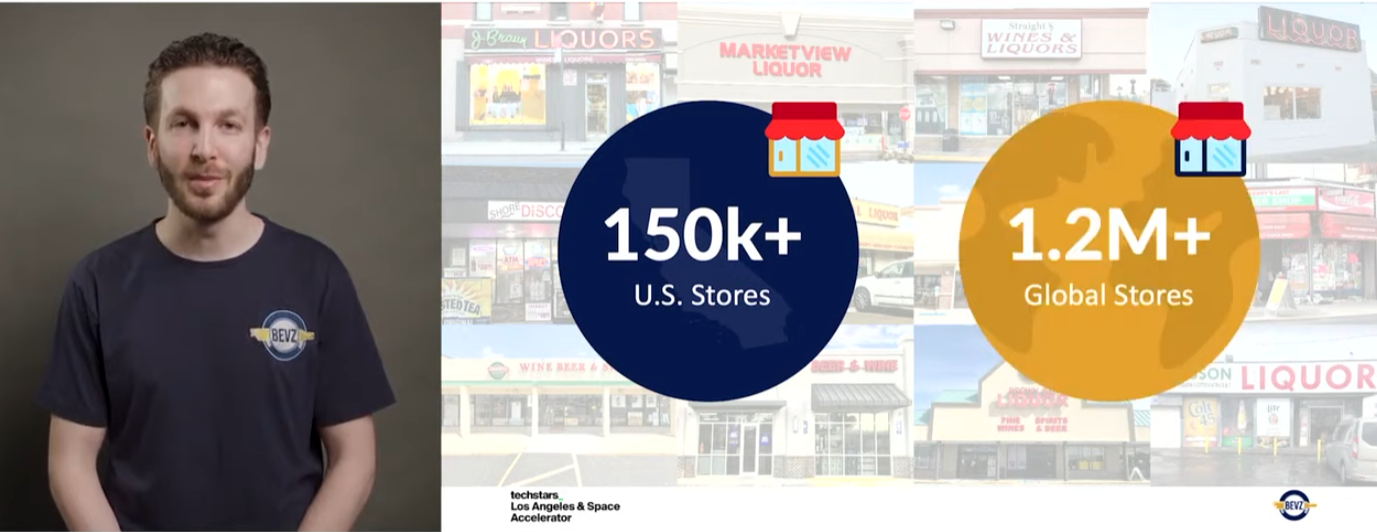 Bevz CEO Jason Vego pitches his app for convenience stores. Photo: Bevz/Techstars LA
Bevz CEO Jason Vego pitches his app for convenience stores. Photo: Bevz/Techstars LA